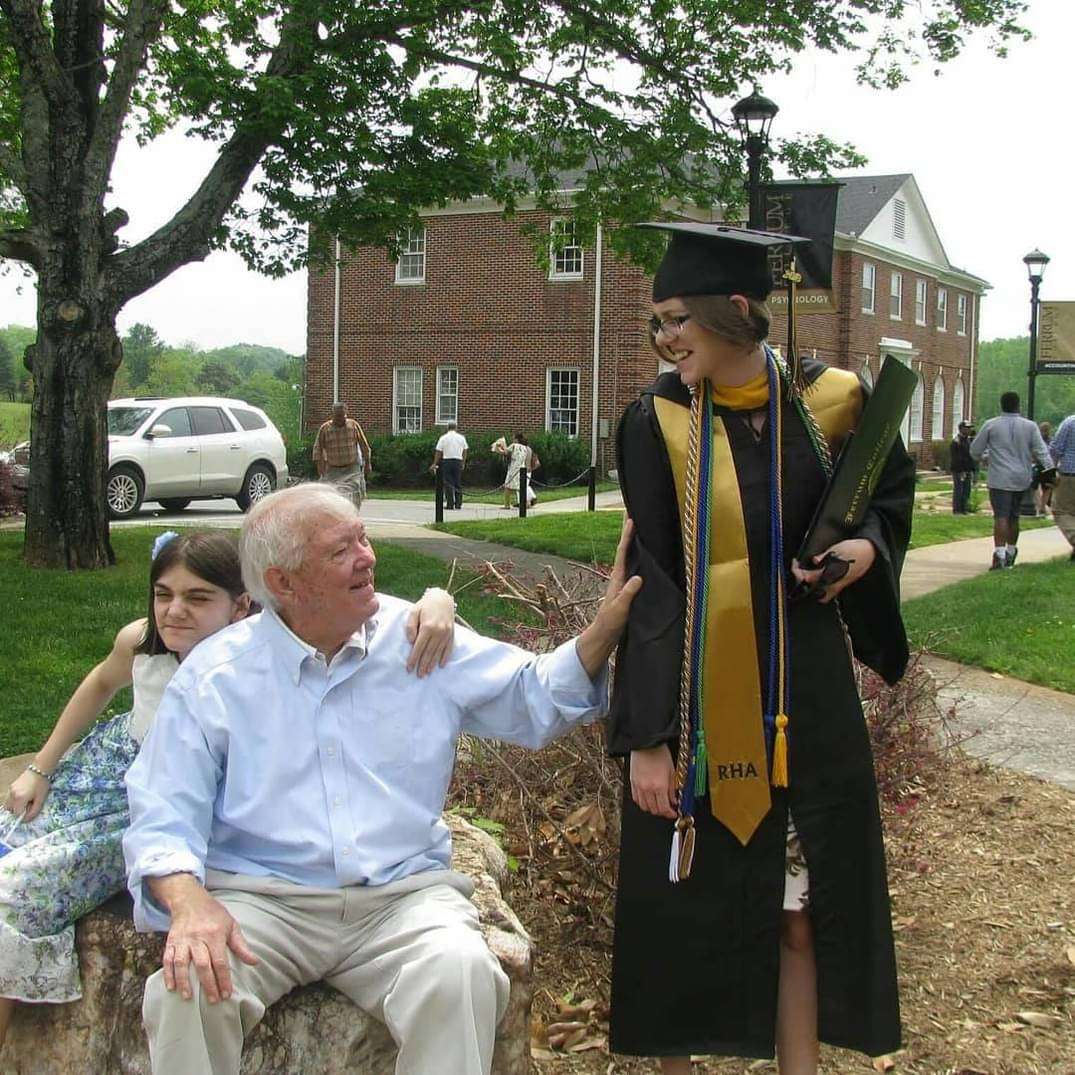Supreme Court opinions are never so starkly decided as angry blog posts and harsh editorials imply.
Each case is a living object of the law, as nuanced as the nervous system itself. Judges are more deliberative than legislators; they have the luxury of lifetime appointments and may choose which cases to review.
Popular anxieties may pulse through Congress, but the Supreme Court, always wary of the limits of its legal legitimacy, rarely taps this vein through its docket, and so rarely commands rapt attention from the public.
Occasionally, however, it will announce an activist decision on a hotly–contested case, like Citizens United v. The Federal Election Commission, and the liberal and conservative media respond with either fury or jubilation. The question of judicial restraint is never examined. The media, rather than keeping watch over the government’s abuses, takes sides and polarizes the political spectrum.
The New York Times is clearly offended by the decision; its leading article on the case makes the editorial board’s screechy fatwa against the ruling unnecessary. Legal writer Adam Liptak sniffs that the court could have ruled on any number of safe, unimportant technicalities, but audaciously chose to confront the larger issue in question instead. His complaint, however warranted, does not belong in the leading article. His job as a correspondent is to report, not to opinionate. Immediately below the headline announcing the results of the case is an ominous warning from the dissenters, presumably the board, that the “ruling will corrupt democracy.”
Yet the Times is hard–pressed to define democracy as anything more specific than “the way elections are conducted.” In the editorial board’s creed, democracy “has a heart,” is “threatened,” and needs to be “rescued,” as if it were a frail maiden in distress. The Times at once vividly personifies an amorphous process while refusing to define it. But, as Joe Sobran likes to say, a certain gap must be allowed between journalism and rigorous epistemology.
Also disturbing is the editorial board’s gloss over certain historical facts. The board claims that since the Constitution does not have anything to say on the subject of corporations, the government is free to regulate them without limit, calling corporations “creations of the state that exist to make money.” By using that definition to denounce corporations, the Times excludes them all from the First Amendment’s protection, including itself.
The Times and their hated corporations share many attributes. Justice Scalia explains in his concurring opinion that the freedom the press enjoys also inherently includes corporations’ political activities. Newspapers are owned by individuals, given company names, are bought and sold, and continue to operate only if they generate a healthy profit, just like other corporations.
The Times may as well be arguing against its own legal protection when it says, “It is a fundamental misreading of the Constitution to say that these artificial legal constructs have the same right to spend money on politics as ordinary Americans have to speak out in support of a candidate.”
The Times does both: It spends money on partisan legal correspondents while speaking on political issues in its editorial pages. The Times also claims, hypocritically, that corporations are given special privileges, ignoring its own advocacy for government subsidies to ward off its imminent bankruptcy and save “democracy.”
What Liptak and the editorial board refuse to acknowledge is this: Politics are a circus. The Grey Lady, painted with her disarming journalistic make–up, participates in the show and insists she is a spectator. Without the Times calling for the heads of the conservative majority, the rest of the liberal press may not have leapt on the case.
Unfortunately, the hair–trigger reactions of the press make civil debate almost impossible. The biggest threat to our political process isn’t judicial self–indulgence; it’s the dogmatic media.





